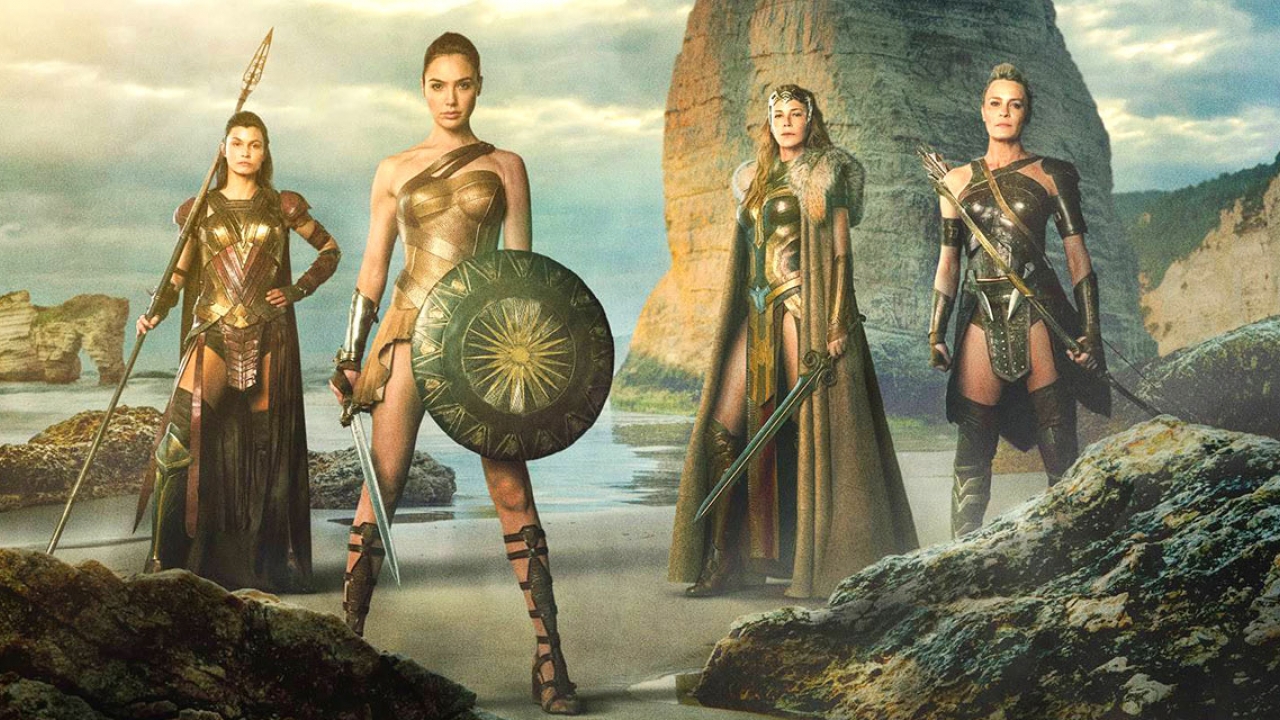Professors in Women’s and Gender Studies Reflect on Wonder Woman, Feminism, and Hollywood

One of the most talked-about films of the year, Wonder Woman has sparked a national discussion about depictions of female heroes in comics and movies, feminism and how these topics relate to what’s happening in the world today. Two professors in Wellesley’s women and gender’s studies department reflected on the film—its popularity, audience reaction, and what some say is the title’s character’s long and complicated relationship to feminism.
Professor Elena Tajima Creef situates the film in a particularly complex cultural point in time. “How ironic that at the very moment we are both reeling from the defeat of the most qualified (Wellesley) woman ever to have run for the presidency and witnessing the full return of a white patriarchal power establishment, Hollywood should give us a fantasy film about an unbeatable superhero Amazon warrior who is devoted to fighting evil and inequality in the world,” she said. Creef has brought Wonder Woman into her classroom previously, assigning Jill Lepore’s book The Secret History of Wonder Woman.
“Hollywood has always given us a contemporary mirror for our deepest dread alongside our deepest desires,” Creef said. With this in mind, she added that it is “fitting that the bookend for this summer’s fantasy of the ultra-liberated ‘Wonder Woman’ is the specter of the silenced, blindered, and subdued image of Elisabeth Moss in Hulu’s The Handmaid’s Tale.” (Moss plays the lead role of Offred in this adaptation of Margaret Atwood’s dystopian novel about a future in which women have no rights.)
Though she has yet to see the movie herself, Leigh Gilmore, distinguished visiting professor, is curious about the film’s reception and has been taking an informal poll of friends of colleagues who have. When she asks individuals how they see the film in terms of feminist themes, she has heard a range of opinions, including among those who found the film entertaining. She said some people have “reservations about the limitations of ‘lean in’ feminism and the heterosexual romance [in the film]. They might recall earlier versions of Wonder Woman that openly embraced the link between Amazons as warriors and lovers of women,” she said. “For others, there is simply joy in the spectacle of an empowered female warrior whose body is trained for virtuous battle.”
The character of Wonder Woman first appeared in comic form in 1941. This year’s film, helmed by Patty Jenkins, the first woman to direct a Hollywood superhero feature, has become both the highest-grossing and most expensive film ever directed by a woman. Warner Bros. recently announced that a sequel is in the works.



